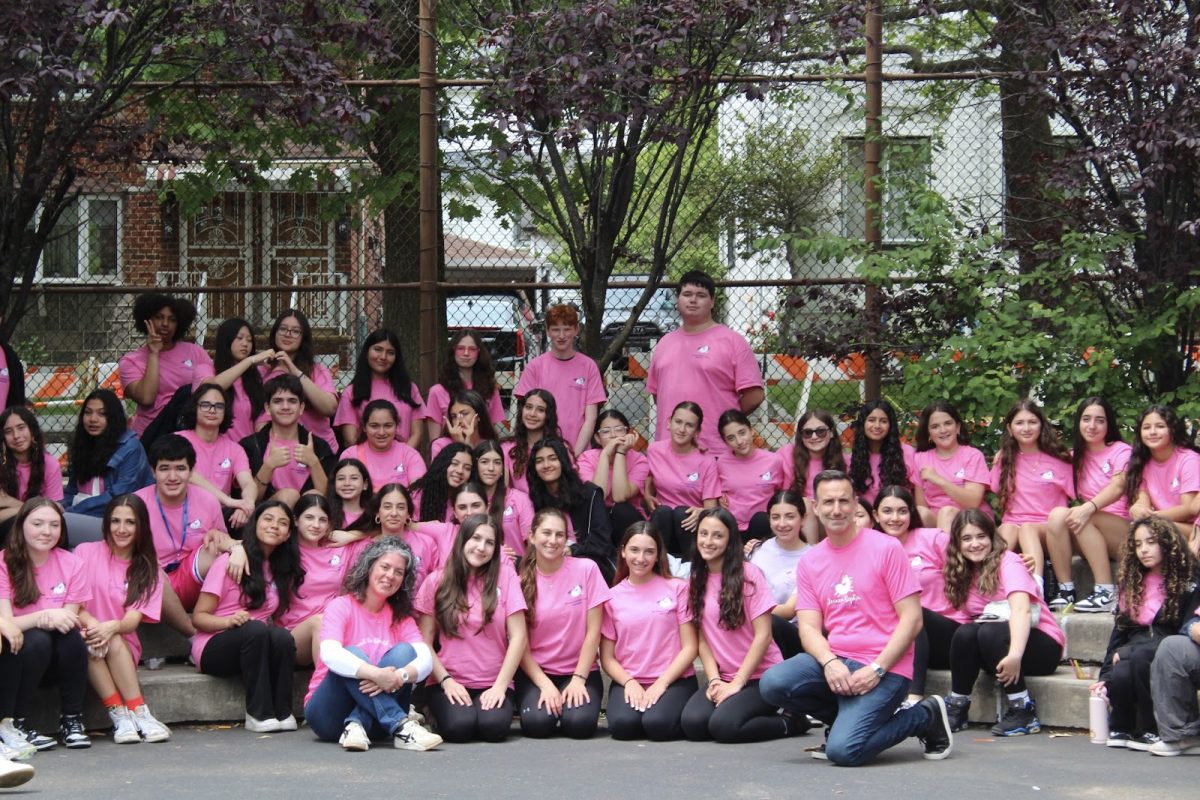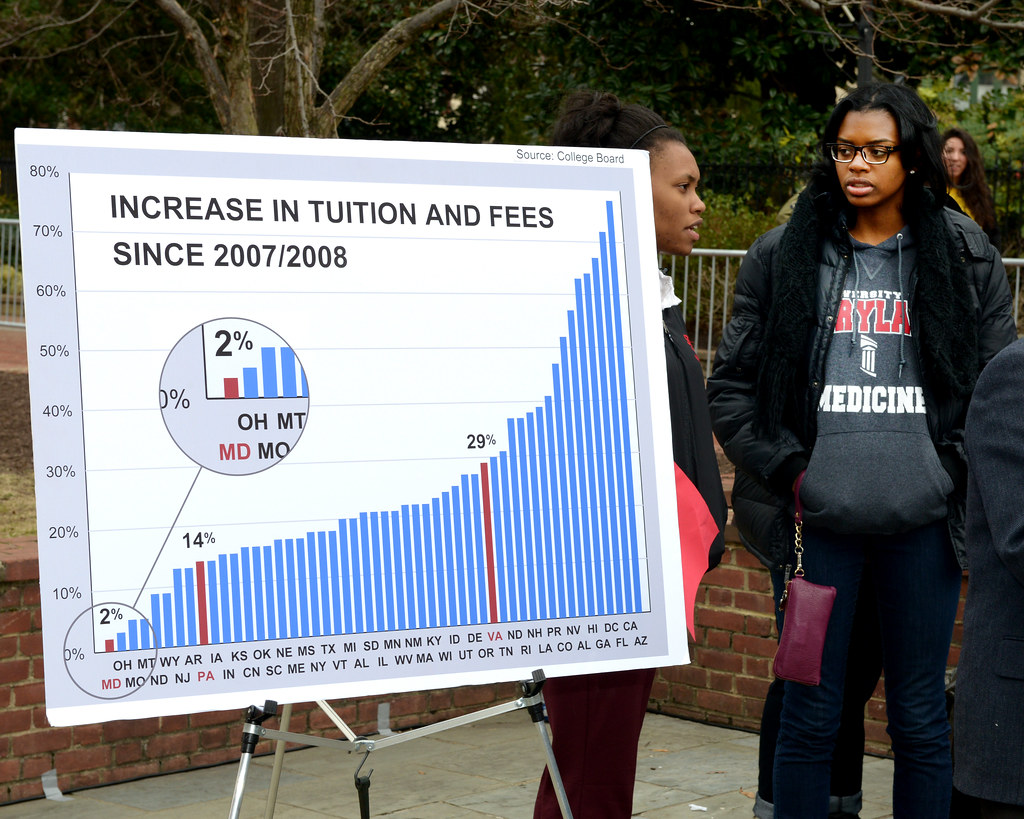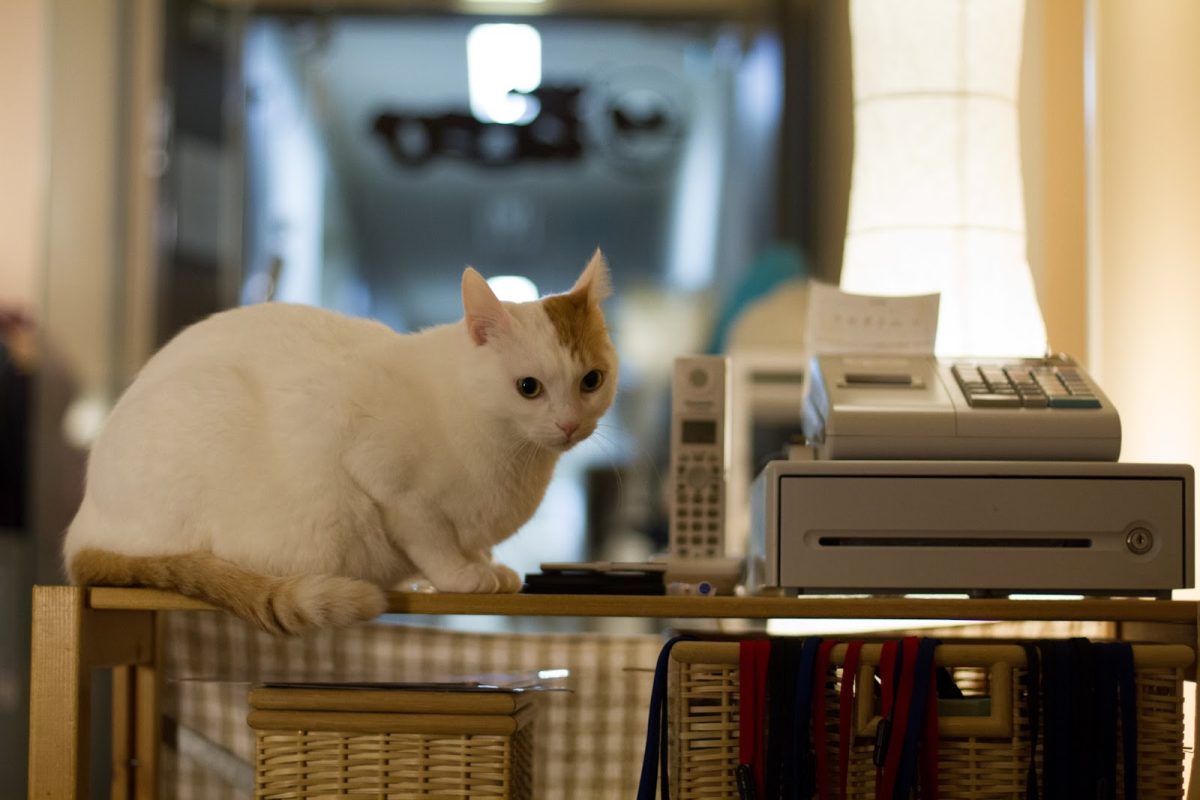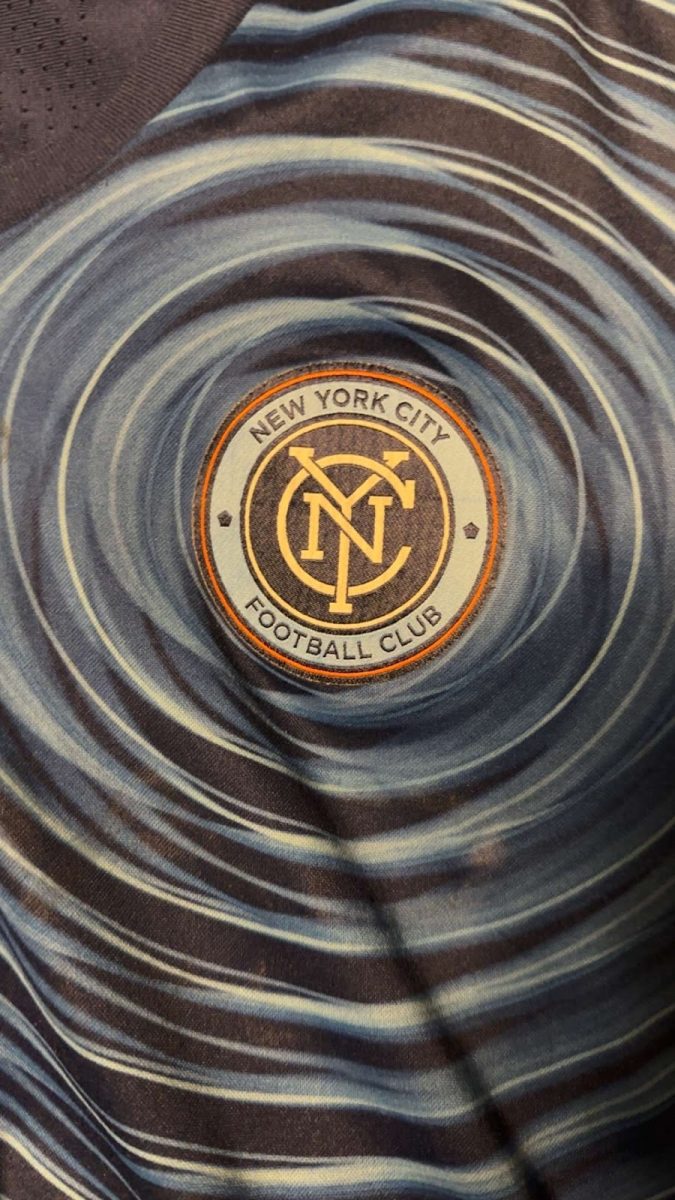Self esteem is an issue that young girls around the world deal with everyday, and the ‘pressure to be perfect’ is a big factor of America’s society. Young girls today are constantly worried about their appearance, and ‘meeting the standards’ of looks in America today. The obsession over appearance starts at a very young age.
“A girl’s self esteem peeks when she is nine years of age, and then takes a nose dive” clinical psychologist Robin F. Goodman states on the New York University Child Study Center Web site.
Many of these girls often look up to ‘role-models’ that are way older, bodily matured, and are most likely standing in front of professional cameras, professional lighting, and plastered with make-up.
Young girls in today’s society are constantly being exposed to images that are supposed to portray beauty subconsciously, and way more than parents realize. According to the 1983 Nielsen Report on Television, the average North American girl will watch 5,000 hours of television, including 80,000 ‘beauty’ ads, before she starts kindergarten. That’s more beauty adds than vocabulary words learned before the age of five.
“I make sure that my daughter and I watch PBS on purpose because its commercial free. I try to protect her from harmful advertisements on portrayed beauty. “ said Ms. DeStefano.
Images from barbie and various other human imitating toys to video games all have an influence on how young girls view themselves in society today.
Young girls are very vulnerable to thoughts of others. Before reaching high school, one out of five girls are satisfied with their physical image. The eight and nine year-olds who claimed to have liked their image are most likely going to change their minds by the time they turn twelve and thirteen years of age.
“When someone judges someone else on their appearance or actions, it doesn’t really have a reflection on the person being judged, it just shows the ignorance of the person commenting” said Camilla Ortyl, junior
When girls are being fed specific morals of a ‘beautiful girl’, the standards stick. It becomes natural to the brain to think that way, and then the portrayed image grows with them to adolescence, and then throughout their whole life.
The problem with most young girls is that many of them suffer from insecurity of how they look. Not necessarily for themselves but for the sake of appealing ‘good-looking’ or ‘pretty’ to others. A poll conducted on Teenbeautytips.com surveyed that 50% of teenage girls feel ashamed of them selves and how they look.
“My little cousin is eleven, and shes always saying that ‘shes fat’. I feel like she learns it from me and my other cousins because we always point out or ‘flaws’ around her, and shes slowly beginning to pick up those bad habits. I criticize myself, but I wouldn’t want younger girls, like my cousin to pick out flaws of their non-fully developed body’s.” said Michelle Rivera, Junior.
Glamour Magazine reported that an average, women have 13 negative body thoughts daily, nearly one for every waking hour. the article then went on to say that three- to six-year-old girls, nearly half were already worried about being fat—and roughly a third said they wanted to change something about their body.
A lot of images that are put out into the media are often photo shopped to the perception of perfection. Magazines and advertising companies rely on air-brushing and photo shop to ‘cover-up’ the ‘imperfections’ that are just not good enough for the world to see. Not only do top companies have the power to tech-erase imperfections but photo-shop and other photo shopping websites have become open and to many average women with a computer. it has become ‘normal’ to self edit yourself, but there are still many that beg to differ.
Not surprisingly, almost 100% of magazines In America photo-shop their images that are published for readers to see. 23% of women ages twenty-five, to twenty-nine have surveyed to be okay with photo shopping their own images. 50% of women ages thirty to thirty-five surveyed to not be okay with photo-shopping their personal images.
“I like photo-shop a as a program, I just don’t think the images of people should be photo-shopped” said Marc Silverman, senior.
Photo-shopping images has become a major controversy to many all over America and some all over the world. Sure there will be retouches here and there, however, the question ‘how far is to far?’ seems to catch the attention of many more so often then never.
Recently Procter and Gamble pulled a print advertisement featuring Taylor Swift wearing CoverGirl NatureLuxe Mousse Mascara. Retouching simple things are probably needed in every printed advertisement but it wasn’t the ‘simple retouch that threw Proctor and Gamble off, it was the ‘over’ retouching. The images were “enhanced in post production,” meaning they were Photo-shopped to expand upon the makeup’s effect. This was very wrong according to the Council of Business Bureau Claims.
Andrea Levine, director of the National Advertising Division, tells Business Insider that it is not okay to photo shop an image to demonstrate how it will look after it is applied to a woman’s face in person. “You can’t use a photograph to demonstrate how a cosmetic will look after it is applied to a woman’s face and then — in the mice type — have a disclosure that says ‘OK, not really,”
“I think that photo-shop is a bad idea because it creates unrealistic ideas and it makes people have higher expectations.” said Donna Wylie, senior.
Another controversial dispute pertaining photo shopping images has got many on the edge of their chairs. Ralph Lauren recently launched an ad imaging a women that was of ridiculous (Obvious over editing) body proportions. Ralph Lauren tried to hold a department store in japan responsible for that “was not the approved image for use in the U.S.“ Lauren since has apologized for his claim stating, “for over 42 years we have built a brand based on quality and integrity. After further investigation, we have learned that we are responsible for the poor imaging and retouching that resulted in a very distorted image of a woman’s body.”
Self esteem is an issue that needs to be addressed all over the country, and worldwide. There are numerous organizations and centers that are specified to hep in support and action for young women and sometimes even men. Dove launched a campaign for real beauty in 2004 in need for a wider definition of beauty after the study proved the hypothesis that the definition of beauty had become limiting and unattainable. Other organizations such as “Love is louder than the pressure to be perfect” founded by Brittany Snow and much more. No one should be a subject to the media and harsh actions and perceived meanings of the ‘perception of perfection’.




































